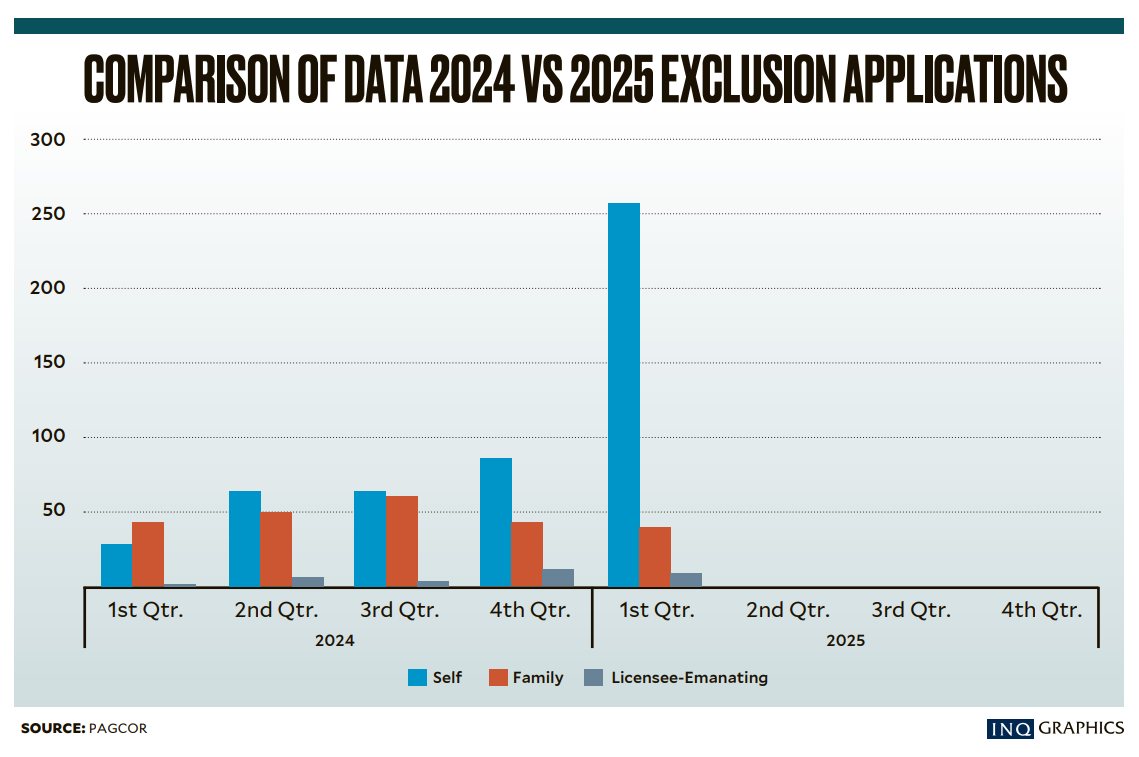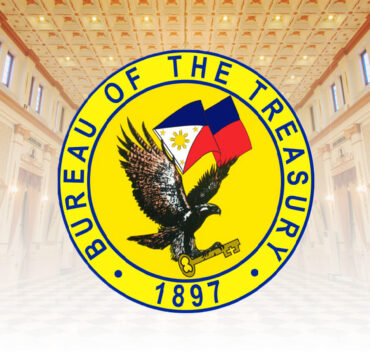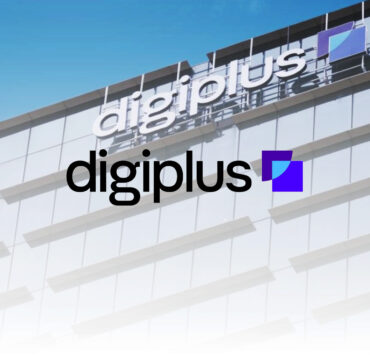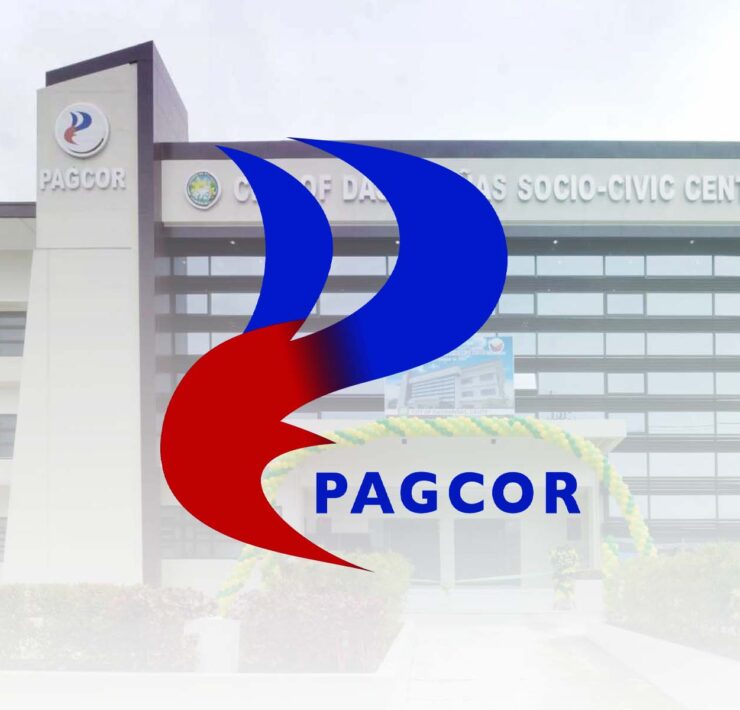Driving responsibility in gaming: Pagcor at the helm

A s access to online casinos continues to become easier, especially on mobile, the Philippine Amusement and Gaming Corp. (Pagcor) finds itself at the center of a delicate balancing act, serving as both the government’s regulatory authority for games of chance and a steadfast advocate for responsible gaming practices.
This prompted the regulator to intensify its efforts to ensure that while gaming remains a legitimate form of entertainment and revenue source, it does not come at the cost of public welfare.
Pagcor Chair and CEO Alejandro Tengco is leading the organization’s efforts to ensure responsible gaming, and key to their strategy is the Responsible Gaming Code of Practice (RGCP), a comprehensive framework that has been fully operational since 2014.
The RGCP serves as the cornerstone of the organization’s dual mission: promoting responsible gaming as a standard practice throughout the industry while ensuring that all licensed entities operate in a socially responsible manner.
It encompasses three critical pillars of protection:
- Extensive awareness campaigns educate players about problem gambling through strategically placed signages, digital platforms and printed materials that include exclusion options and help hotlines.
- Strict prohibited persons guidelines restrict access for government officials, uniformed personnel, underage individuals and others listed in the National Database of Restricted Persons.
- Comprehensive exclusion programs allow individuals or their families to voluntarily apply for temporary or permanent bans from gaming sites while empowering licensees to bar individuals for specific offenses.
The effectiveness of Pagcor’s responsible gaming initiatives is reflected in recent exclusion data that reveals a growing awareness among players. In the first quarter of 2025 alone, the organization recorded 308 applications for exclusion, representing a remarkable 316-percent increase compared to the same period in the previous year.
Of particular significance is the fact that 258 of these were self-exclusions, indicating that individual players are increasingly taking proactive steps to address potential gambling problems.
The demographic breakdown of these exclusions provides valuable insights into the reach of Pagcor’s awareness campaigns.
Growing awareness
The highest number of exclusion applications came from the 30 to 39 age group (46 percent) and the 21 to 29 age group (31 percent), with the younger demographic showing a substantial 127-percent increase in self-exclusions compared to the entire previous year.
This trend suggests that younger players are becoming more conscious of responsible gaming practices, possibly due to enhanced digital awareness campaigns and easier access to information.
Tengco has consistently emphasized that addressing problem gambling requires collaboration beyond the gaming industry itself.
Speaking at the 2nd International Conference on Responsible Gambling and Addiction, he articulated this vision clearly: “As regulators, policymakers, industry operators, health-care professionals and academicians, we must not only share knowledge but also act as partners in understanding, preventing and reducing the threats posed by problem gambling.”
Tengco’s perspective reflects his belief in collective responsibility: “We are gathered here for this conference—not only as regulators, policymakers, industry operators, health-care professionals and academicians—but as partners on a mission. Our goal is to understand, to prevent and to reduce the threats brought about by problem gambling and gaming to society.”
This philosophy is reflected in Pagcor’s strategic partnerships with rehabilitation centers and advocacy organizations.
The corporation has established formal relationships with accredited treatment facilities, including Bridges of Hope Drugs and Alcohol Rehabilitation Foundation, Life Change Recovery Center, and Milestone Health and Wellness Center.
Partnerships
These partnerships ensure that individuals who need professional help can access comprehensive services such as life coaching, counseling, psychological support and alternative wellness treatments.
He also openly acknowledges the dual nature of the gaming industry, saying: “At Pagcor, we are fully cognizant that legalized gaming is considered a genuine form of entertainment, and a lucrative source of revenues for government. However, we humbly acknowledge that it could also lead to devastating consequences if left unchecked. This is why Pagcor takes extra care and effort in crafting policies to safeguard our customers and the general public from such harm.”
This perspective drives Pagcor’s comprehensive approach to regulation, which includes automatic bans for persons below 21 years old, students and government employees on active duty.
The organization maintains a computerized database of restricted persons that is accessible to all Pagcor-operated properties and licensees, ensuring consistent enforcement across the industry.
Pagcor’s commitment to responsible gaming continues to evolve with the hiring of a dedicated Responsible Gaming Consultant who will advise on program reviews and updates while fostering more active partnerships with stakeholders.
The corporation’s approach reflects a mature understanding that while gaming can be a legitimate form of entertainment and a valuable source of government revenue, it carries inherent social risks that must be actively managed.
“Gaming, indeed, has inherent social risks, but we believe that these risks can be mitigated if we institute safeguards to promote the safety and well-being of our players,” says Tengco.
However, he is clear that this responsibility extends beyond Pagcor: “This is not a challenge that any one sector can solve in isolation. The only path forward is through active, sustained and honest collaboration. We can only do so much by ourselves. We need not only the cooperation of the entire gaming industry but also the support of NGOs (nongovernment organizations) and other concerned sectors to forge a whole-of-society approach to prevent gaming addiction. It is a shared obligation. A collective act of care.”
Tengco’s commitment to collaboration is further demonstrated in his pledge: “Rest assured that Pagcor shall always be ready and willing to support any endeavor which aims to reduce, if not totally eliminate, the public risks associated with gambling. You can count on us to be your partners in drafting new policies or advocacies which would further promote responsible gaming.”





















